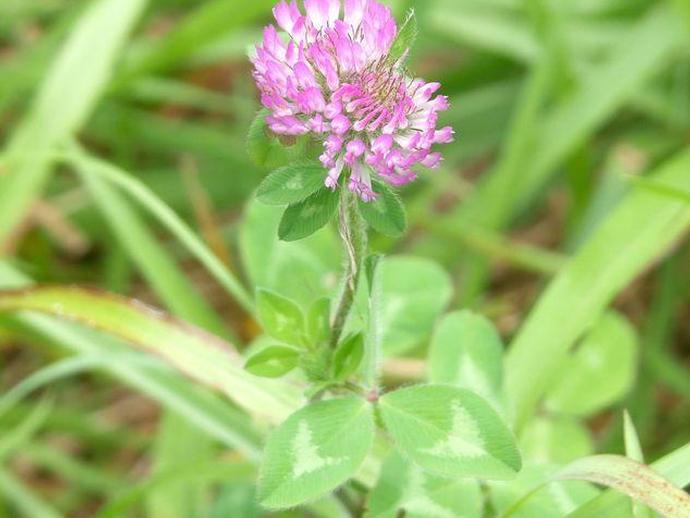September 4, 2021
We're reaching into the archives for today's #BenInNature update presented by our friends at Carter Bank & Trust! The following post was originally published on August 1, 2020.
Red clover (Trifolium pratense) is one of those plants that's so ubiquitous, you would never think it wasn't native to the U.S. In fact, red clover is native to Europe, northwest Africa, and western Asia, but it's been naturalized in North and South America.
Between 1909 and 1920, it's estimated that red clover was planted on about 35 million acres in the US. Planting clover made a lot of sense; it's very good at fixing nitrogen in the soil, it can be used as clover hay, and it provides a great deal of protein to grazing livestock. Unfortunately, it also has some downsides for livestock; if hungry cattle eat too much immature clover, it can potentially cause bloat, and if clover hay turns moldy, it can be toxic to livestock.
Red clover is also often used in traditional and alternative medicine, but caution should be exercised; dietary supplement extracts of red clover have been known to cause rashes, nausea, muscle aches, and headaches, among other issues.
While the historic uses of red clover aren't as important today, it is an important plant for pollinators, and those guys can use all the help they can get!
ABOUT #BenInNature
Social distancing can be difficult, but it presents a great opportunity to become reacquainted with nature. In this series of posts, Administrator of Science Ben Williams ventures outdoors to record a snapshot of the unique sights that can be found in the natural world. New updates are posted Monday - Friday, with previous posts highlighted on the weekends. This series of posts is made possible thanks to the support of VMNH Corporate Partner Carter Bank & Trust (www.cbtcares.com).
NATURE PHOTO IDENTIFICATIONS
If you discover something in nature that you would like help identifying, be sure to message us right here on Facebook with a picture (please include location and date of picture) and we'll have our experts help you identify it!

 Hours & Admissions
Hours & Admissions Directions
Directions

